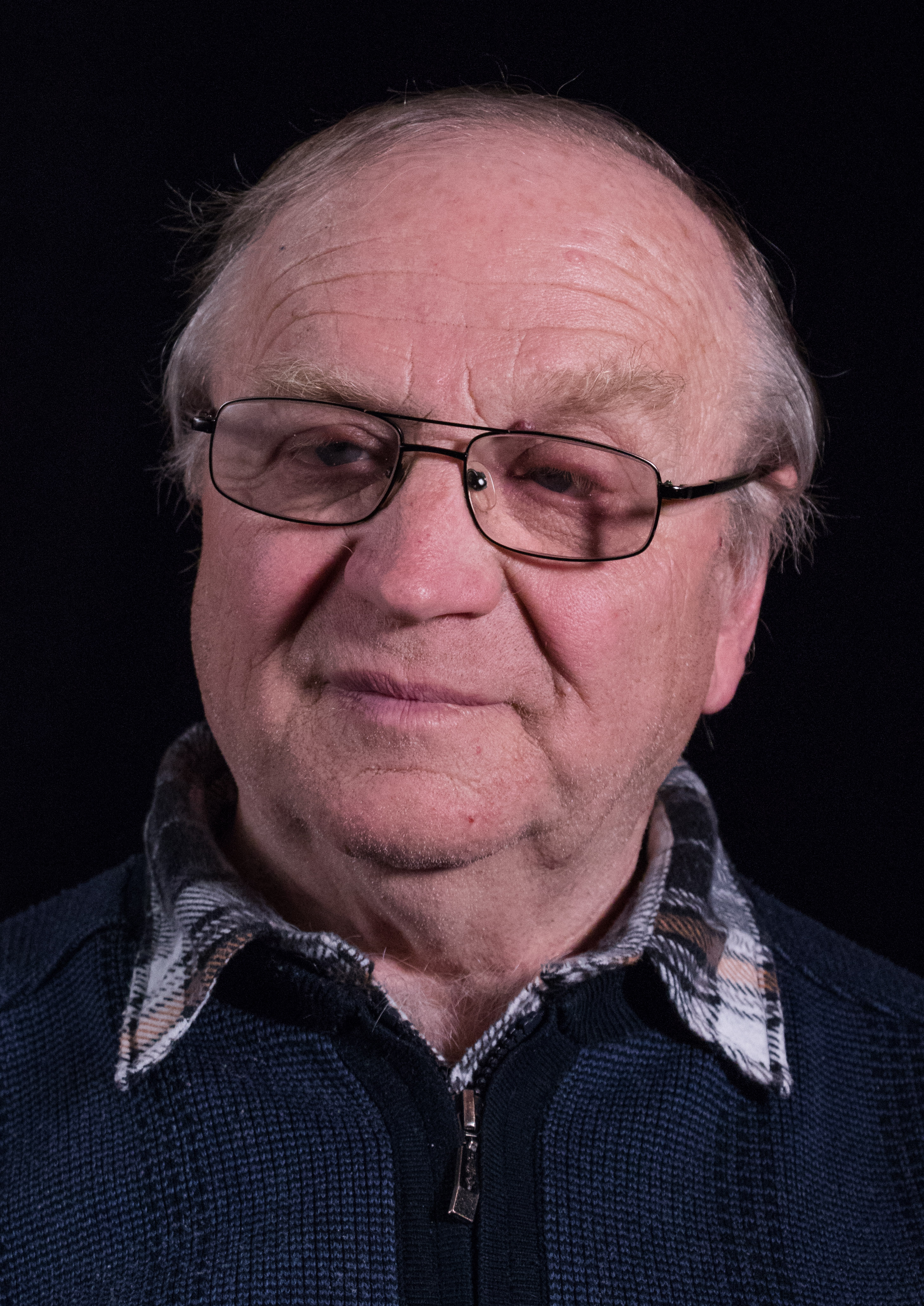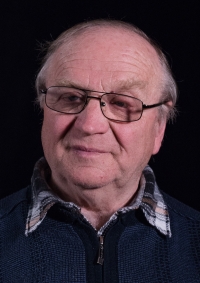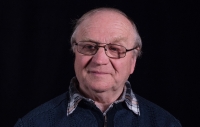Dad was jailed and we had to move to a ruin

Download image
Josef Sotona was born on the 22nd March of 1950 in Trstěnice near Litomyšl. He comes from a family of landowners who have lived in the village and tended their land there since 1548. After the Communist coup d’état in 1948, the family fell victims of the forced collectivisation. Josef’s father Jaromír Sotona refused to join the agricultural cooperative. He was accused of stealing wood in the forest and in 1950, the people’s court sentenced him to six months of imprisonment in a show trial. Josef, his two brothers and their mother were forcibly moved out of their estate to a derelict house at the edge of the village. After their father returned from prison, the family moved to Benátky u Litomyšle. Josef’s parents worked as farm hands there. Josef managed, despite the stains in his dossier, to enrol the Czech University of Life Sciences. After graduating, he worked as animal tech in the State Corporation Svitavy. He refused to join the Communist party so he remained a regular employe as he couldn’t rise to any higher ranks to build a career. In the 1960’s, Josef, along with his parents and brothers, started breeding laboratory and fur animals even thought at that time, the possibilities of running a private business were constricted. The family was even interrogated by the police and threatened with arrest. After 1989, the Sotona family got their family estate back. They started farming on the neglected fields and in the dilapidated buildings and they resurrected their neglected property to a prosperous farm.

